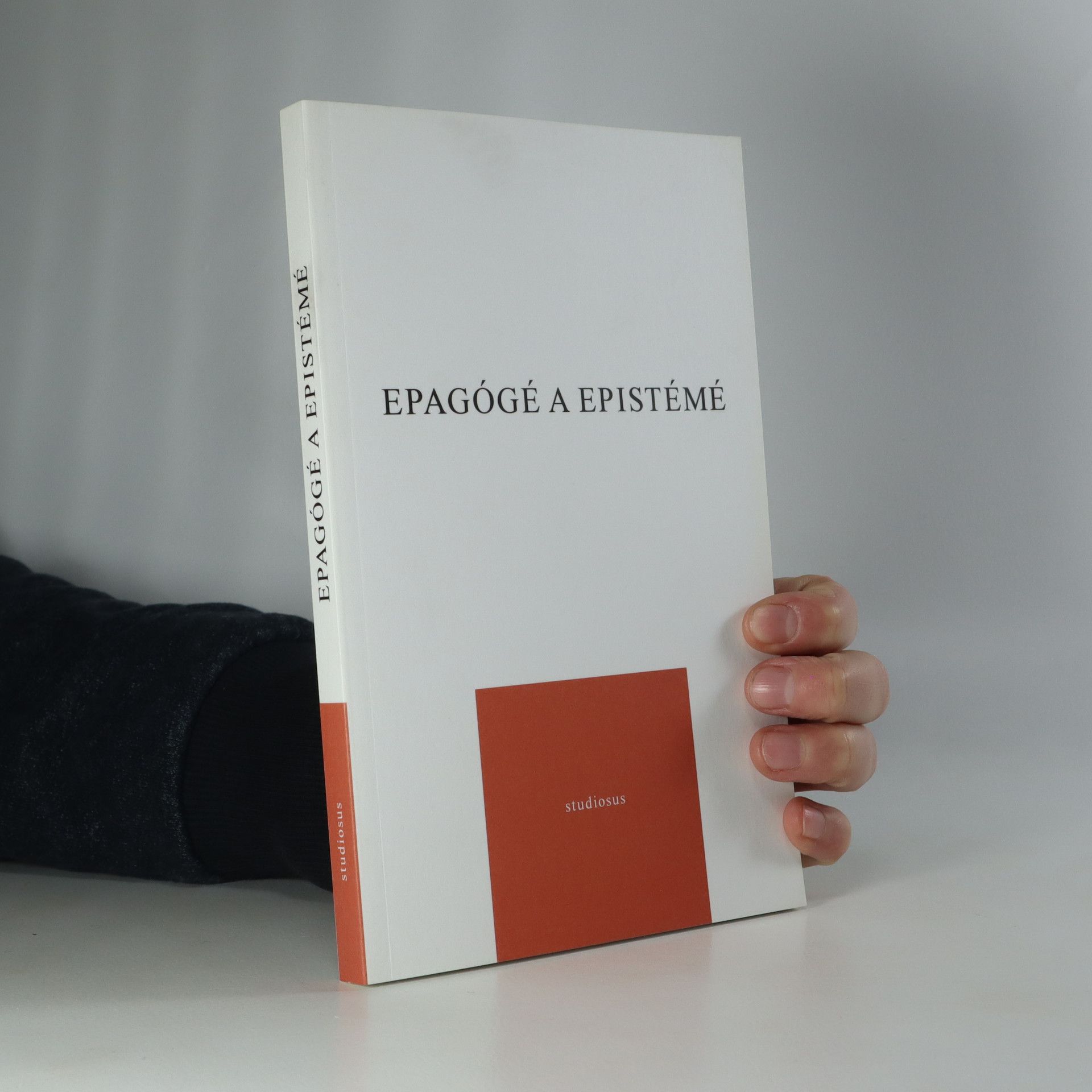On Gödel
- 88pages
- 4 heures de lecture
This brief text assists students in understanding Godel's philosophy and thinking so that they can more fully engage in useful, intelligent class dialogue and improve their understanding of course content. Part of the "Wadsworth Philosophers Series," (which will eventually consist of approximately 100 titles, each focusing on a single "thinker" from ancient times to the present), ON G DEL is written by a philosopher deeply versed in the philosophy of this key thinker. Like other books in the series, this concise book offers sufficient insight into the thinking of a notable philosopher better enabling students to engage in the reading and to discuss the material in class and on paper.


